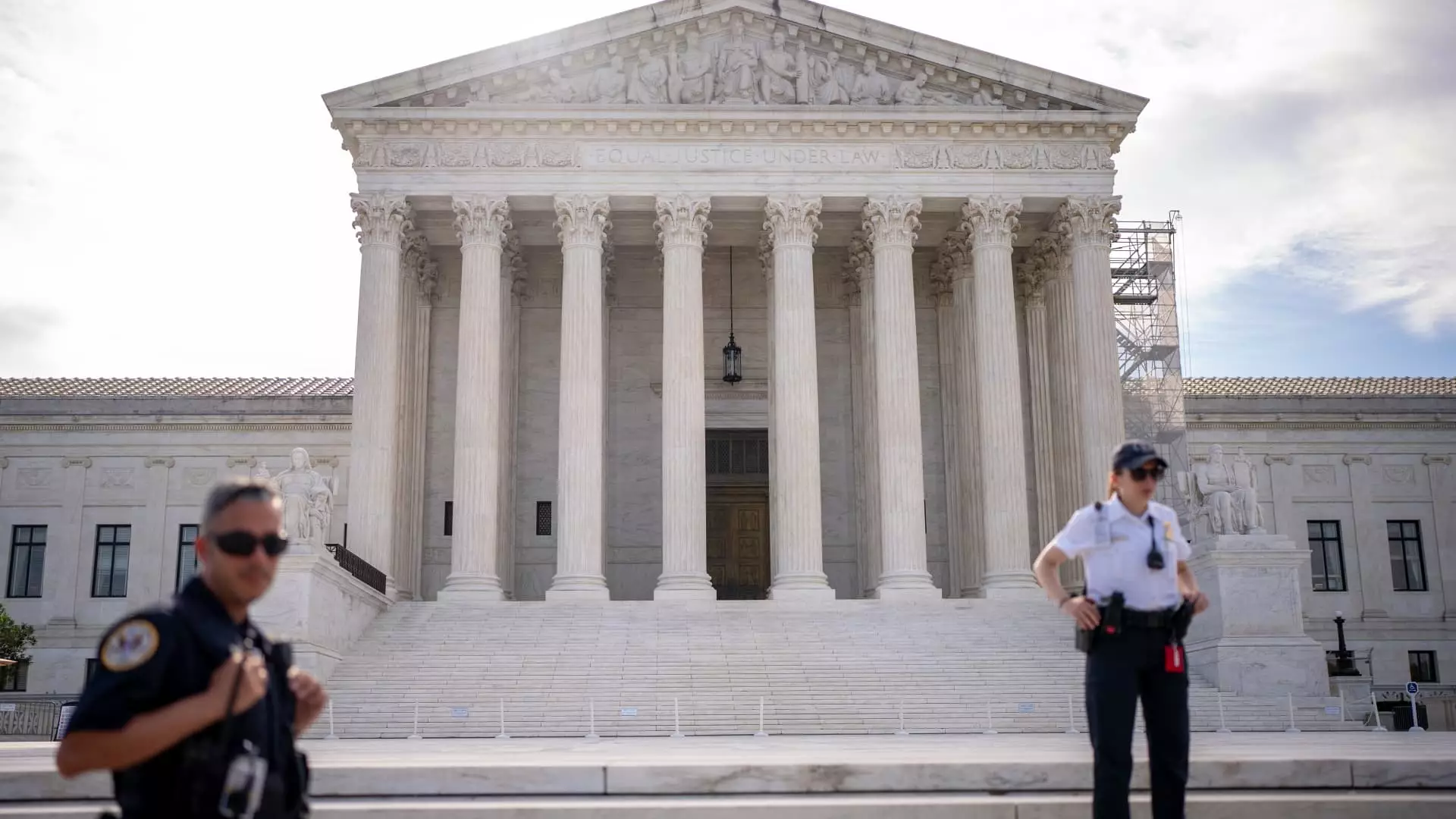Recently, the Supreme Court made a decision on a federal tax challenge involving certain foreign investments. The case in question, Moore v. United States, centered around a Washington state couple who faced taxes due to a one-time levy on earnings and profits in foreign entities. This levy, known as the “mandatory repatriation tax,” was enacted as part of the 2017 tax overhaul.
While the Supreme Court upheld the tax on the Moores, the broader debate on whether a wealth tax is constitutional was left unaddressed. Justice Brett Kavanaugh emphasized the limited scope of the opinion and its focus on the specific facts of the case. There are concerns about potential implications for future wealth tax proposals, which could target “unrealized gains” or assets that have not been sold. Experts have pointed out that despite the narrow ruling, arguments against a wealth tax still exist.
According to Aziz Huq, a professor at the University of Chicago Law School, the wealth tax issue was a distraction from the real implications of the case. Huq suggested that there were powerful arguments against a wealth tax even before the Supreme Court’s decision. The concern was not just about the specific tax on the Moores but about the broader implications for tax policy moving forward.
Some experts worried about the potential impact on domestic stockholders who could face similar issues with imputed income from corporations that do not issue dividends. While the opinion in the Moore case referred to pass-through taxes on foreign companies, it did not definitively address whether realization of income is required for taxation. Tax attorney Don Susswein noted that the Supreme Court did not provide clear guidance on this issue.
The Supreme Court’s decision on foreign investment taxes has raised questions about the constitutionality of wealth taxes. While the ruling in the Moore case was narrow in scope, it has broader implications for future tax policies and proposals. Experts and legal scholars continue to debate the impact of this decision on taxation and the possibility of a wealth tax in the future.

